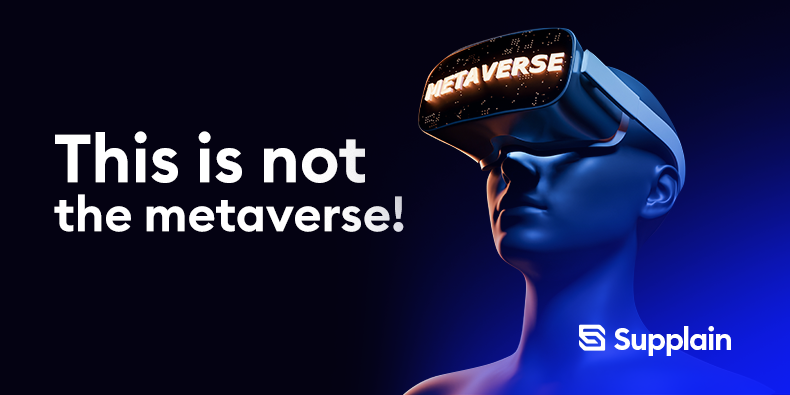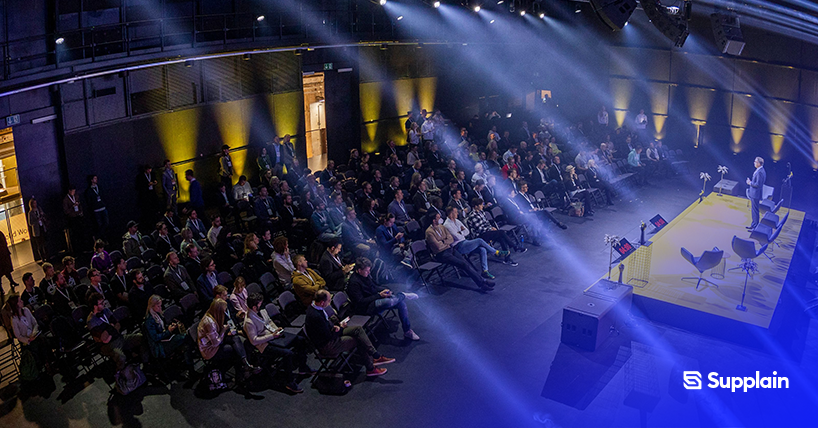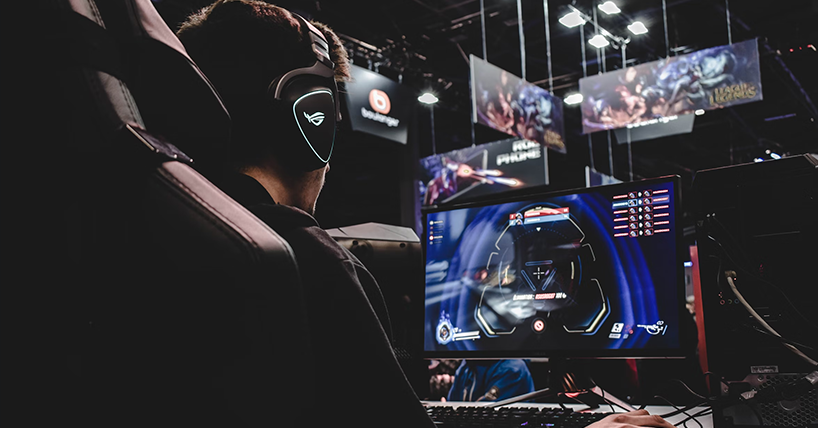
The metaverse is the most exploited term nowadays. Is it part of virtual reality (VR)? Is it another name for Facebook (Meta)? Whatever terminology you have heard, the metaverse will be where most innovation will occur in the coming years.
But do we understand this term?
What does metaverse mean?
And where is it?
And who is developing it?
And the most critical question - how my life will change within the metaverse?
Lots of questions for sure, and yet no real answers. We are not answering these questions directly but envisioning the future path for the metaverse.
What is the metaverse?
Most of the definitions of metaverse concentrate on the visual side of the metaverse.
This is a big part of the metaverse, whether virtual reality or augmented reality of cyberspace, but this is not what we mean by the metaverse. The metaverse IS definitely NOT only VR or AR gamified virtual worlds.
For sure, the metaverse may have a visual interface, but not everyone agrees that the metaverse will be visual. For instance, Discord could already be a metaverse. Still, it will be different or personalised for every user. What we will experience are the content and connections that are represented in a personalised Metaverse space.
Content refers to the digital and tokenised physical assets in the digital world, and contacts refer to our connections in the digital world. And contacts are the most crucial component of every user's life.
The, or more accurately, your metaverse will incorporate every user's personal contacts and content in one place. And critically, you will own this digital space, not a service provider as we have been accustomed to. This is the fundamental difference compared to today's setup, where service providers and digital platforms control everything.
Isn't the metaverse just Facebook's gimmick?
Although Facebook has rebranded as Meta and aims to enter the metaverse, a Web3 space, they are still a Web2 company.
This is because Web2 architecture is built in a centralised manner - in other words, a company or organisation owns a service, product or platform and manages and cares for the services they offer, including holding our personal data. Facebook is one such Web2 company - the same as Google, LinkedIn, TikTok and every other service with an internet presence.
But as they are centralised services, there is almost no user control over that service. Facebook decides what content to push to every user's wall; all our contacts, images and data are locked inside Facebook - there is no way to transfer your contacts or content to other platforms. Their algorithms are calibrated to achieve maximum income for Facebook.
They are less helpful to platform users and content creators who wish to monetise Facebook for their own use. Users do not control almost anything and certainly do not profit from the total value of their content.
So the first important point to note is that the metaverse of the future will be decentralised - it will not have an overseeing organisation or business. Although, many would argue that running any such system takes enormous computing power and thus cannot be fully decentralised. The way a decentralised system works is perhaps it is more simply inclusive to the users via more distributed ownership models - but the front end and the servers would still be centrally managed.
The metaverse is different from today's Web2 solutions because everything is under the custody of a user. Web3 or the metaverse is your personalised cyberspace. You will make the rules there.
The most significant structural change is about changing ownership, trust and connectivity.
What can you do in the metaverse?
The metaverse will undoubtedly have all sorts of applications.
I must first emphasise that there is not only a 3D gaming element, even if gaming comes to mind right away. Because the digital gaming economy is ever-expanding, with a global market size of $272.24 billion this year - the metaverse is sure to draw its fair share of this market.
Thus, instead of just watching E-sports on a computer screen, why not hop into a virtual stadium filled with users worldwide? Contrary to opinion, despite less physical interaction, these virtual interactions will be far more personal and immersive because everyone within this gaming verse shares the same core values.
Whole worlds are being built already, as the race is on to be the biggest and best with the most users. The play-2-earn (P2E) metaverse platforms on offer are gaining popularity at a rapid rate.
Of course, gaming is merely one aspect of the metaverse.
It is one of the biggest debates - is the metaverse the same as VR, or do the metaverse, and VR simply support each other? In which case, the metaverse is the ecosystem that lets users connect, collaborate and, in some cases, trade their virtual goods. Furthermore, the metaverse can exist within any visual medium, even without one, but it would always need to have (1) users and (2) new types of ownership models.
Now, one can create all sorts of new economies mirroring the real world. Event organisers can organise concerts and other shows in the metaverse.
How about putting on the headset and diving into a crowded theatre for movie night from the comfort of your couch?
Virtual malls and grocery stores will all be possible. Sounds ludicrous?
Not really.
Imagine being able to browse the vegetable or meat sections at the grocery store without actually needing to visit the physical grocery store and have the contents of your virtual cart delivered to your door hours later.
The metaverse is not only about fun and practicality. The COVID-19 pandemic forced most companies into utilising zoom meetings.
Zoom meetings are dependent on good intent connections and thus can be 'clunky' and 'break up' online.

The metaverse could allow for a more in-depth experience similar to real-life encounters where one can make eye contact or even have a private side conversation during the meeting (we all know these are impossible and awkward in a standard zoom setting). The metaverse will make networking and other activities for entrepreneurs and business-minded individuals more productive.
For those lucky (or unlucky) enough to have experienced online college courses in the past, imagine being able to attend those classes in the metaverse surrounded by other students.
Additionally, those limited by their physical or geographic locations could gain access to these learning experiences in a way not possible before. Teachers would gain a whole new edge in creating lesson plans and be able to guide students more effectively. Furthermore, training for specific industries can take on an unmodified new form. All professions can take seminars and certification courses, for instance, electricians, plumbers, and even medical personnel in the new digital world with "hands-on" activities instead of just reading some books and taking the test.
Why we should care about the metaverse

The metaverse is the next iteration of the internet. All your publications are there; your content is saved under your control. To connect with others in their digital space, you will need to connect to someone else's metaverse.
Your wallet will contain all your digital assets in the metaverse - it will act as your key. Wallet holders will store their tokenised assets there. You will save your investments, real estate, bank details, artworks, cryptocurrencies, educational and professional merits, medical records, passwords, avatars, and current physical and mental conditions under your control, not another organisation.
In fact, whatever you own, what you are and whom you want to be. The metaverse is the digital you.
We should care about the metaverse
Following along, one can see a trend with the metaverse turning the ordinary Web2/analogue world into a whole new, secure, private, data protecting, and immersive Web3 experience, fusing the digital and real-world into one.
The advent of crypto and NFTs have made all this decentralisation possible within the newly forming metaverse in ways not possible just a few years ago. Indeed, this space will see countless new use cases for the growing technology in the years to come.
Web3 blockchain technology will hold everything you own. It gives you back the control of your digital presence and, on top of that, also includes your material assets. The metaverse can and will have a 3D virtual reality interface, but this is not the most important part - taking custody of your social connections, and tokenised assets is.
Resources you'll love:

![Here are the best NFT games [Updated List]](https://strapi.supplain.io/uploads/What_is_so_special_about_a_World_of_Freight_NFT_and_what_will_move_the_project_forward_b89946b520.png)
